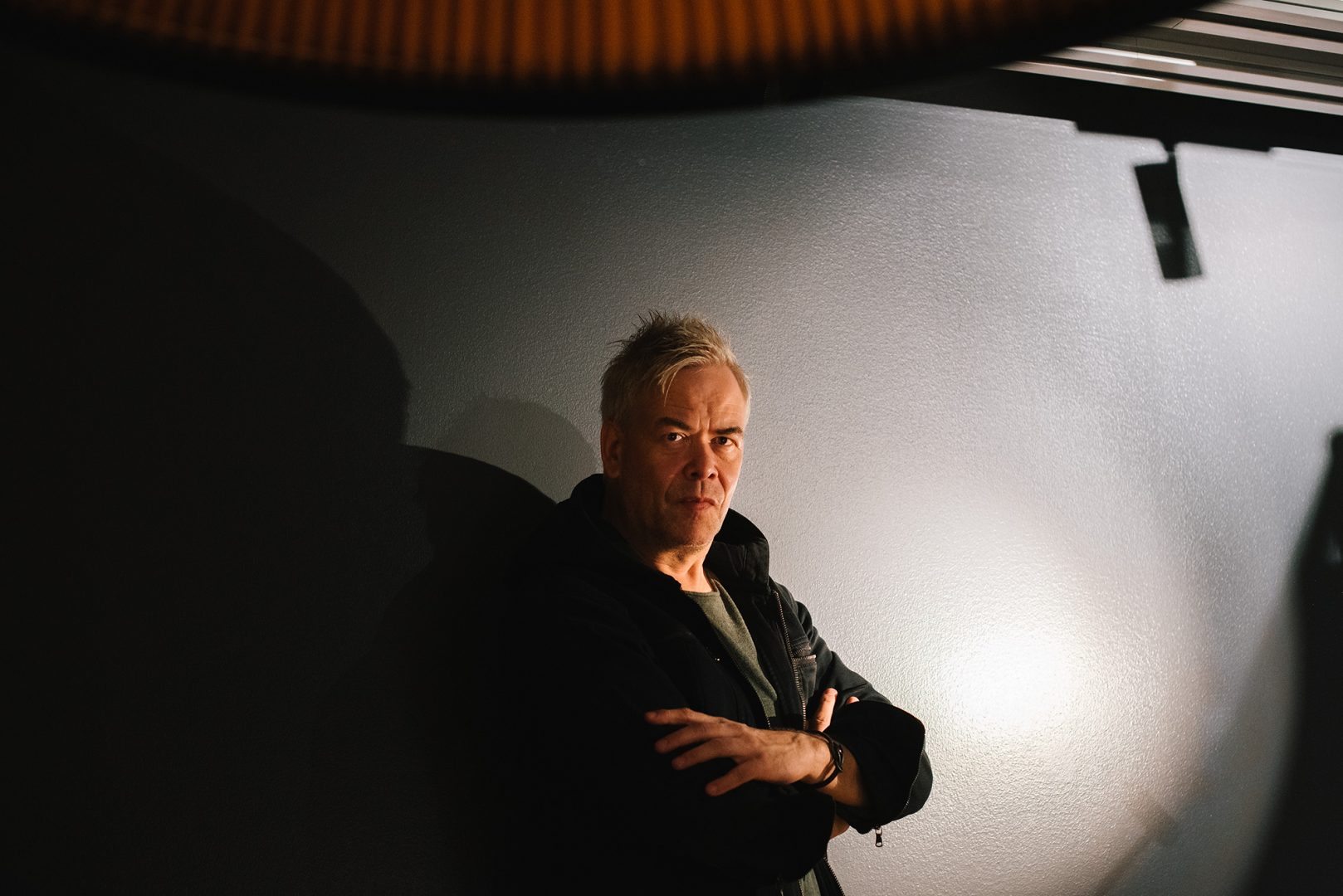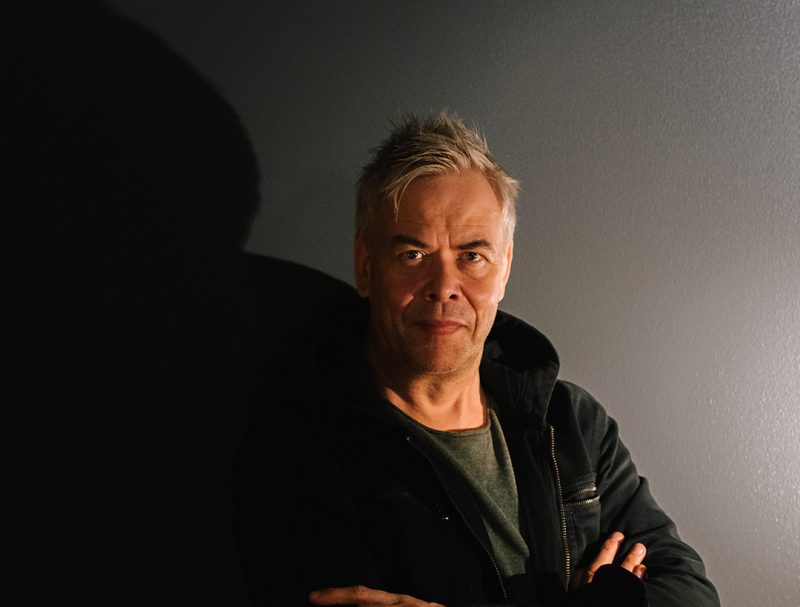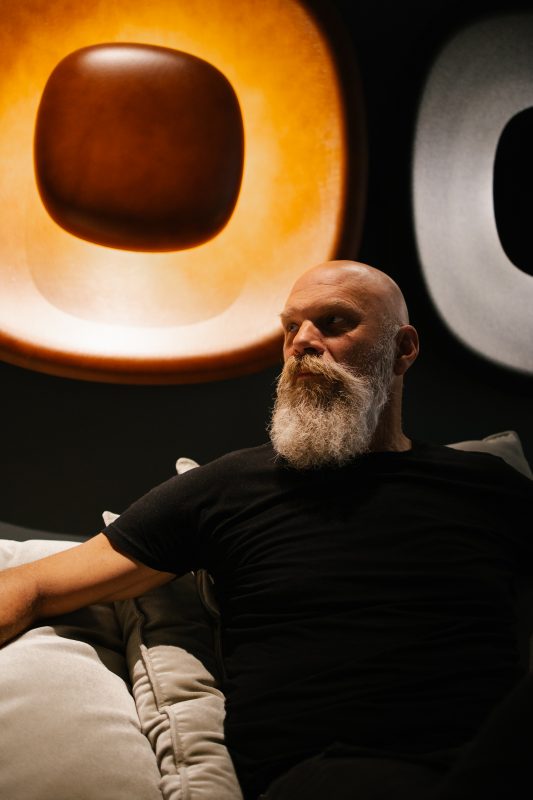Hannu Lintu started playing music at the age of four and, according to his own words, is still on the same path. The career of a conductor is not chosen from among different professions after high school. It is a natural continuation of a way of being started at a young age. The rhythm of life determined by the shows appears fascinating and foreign to outsiders, but for Lintu it is a logical and ordinary way of being.
Hannu Lintu was the Chief Conductor of the Finnish Radio Symphony Orchestra from 2013 to 2021 and the Chief Conductor of the Finnish National Opera from August 2021. He has conducted various orchestras and performed for audiences of thousands around the world. At the same time, Lintu is introverted and struggled to get rid of the tension of performing.
“When I was young and inexperienced, I had a lot of thoughts in my head. I thought about how I wanted the show to sound and got frustrated when I heard nothing but a mess. I was nervous to go in front of the orchestra, not to mention the entire concert audience.”
Then Lintu decided not to refuse any job offer until he could hear the same outcome as he had planned in his head. After enough repetitions, he finally did.
“I gained confidence after two observations. First I realized that the show was finally going as I had planned. Then I learned to accept that things don’t always have to go the way I had planned. Things can be good in so many ways. Understanding that is part of the conductor’s profession.”
“I’ve seen shows where a really charismatic conductor leads the orchestra and it doesn’t sound like anything”
In addition to musical competence and percussion technique, the conductor must have excellent leadership skills. Sometimes, in Lintu’s words, a gentle dictatorship is required.
“There are as many opinions in the orchestra as there are instrumentalists. My task is to sense in which direction each would like to go and shape them into a functioning whole. The orchestra is my instrument. I have an urge to control a huge mass of sounds and be in the middle of it.
A large part of the conductor’s work is to learn hundred-page scores, after which they are reviewed with the orchestra. However, the audience makes its judgment based on a performance lasting only a few hours, during which the conductor is the object of thousands of eyes. Is charisma helpful and can it be learned?
“Can not. However, experience can sometimes appear as charisma. Still, charisma does not guarantee a good performance. I’ve seen shows where a really charismatic conductor leads the orchestra and it doesn’t sound like anything. At the same time, a performance led by a tame conductor can be a musically huge experience.”
“If I ever start thinking about my groceries during the show, then I must end my career”
When the performance cycle is frequent and there are concerts on consecutive days, Lintu’s everyday life, thoughts and mood are determined by the rhythm of the performances.
“The night after the show, my mind is hyperactive but my body is tired. It’s hard to sleep. The next morning I don’t do much – I’m quiet, lie down and walk my dog. In the evening, I start to raise my energy by going through the upcoming show. The peak of concentration should be at the beginning of the concert. Then when the show starts rolling, I don’t think about anything anymore. After the show, I feel completely empty. Then I’ll do it all over again.”
Lintu’s rhythm of life appears to the outsider as fascinating and strange, perhaps also mentally heavy. However, for Lintu it is a logical and ordinary way of being. When you ask him if there is really nothing going on in his mind during the performance, he answers:
“If I ever start thinking about my groceries during the show, then I must end my career.”






















